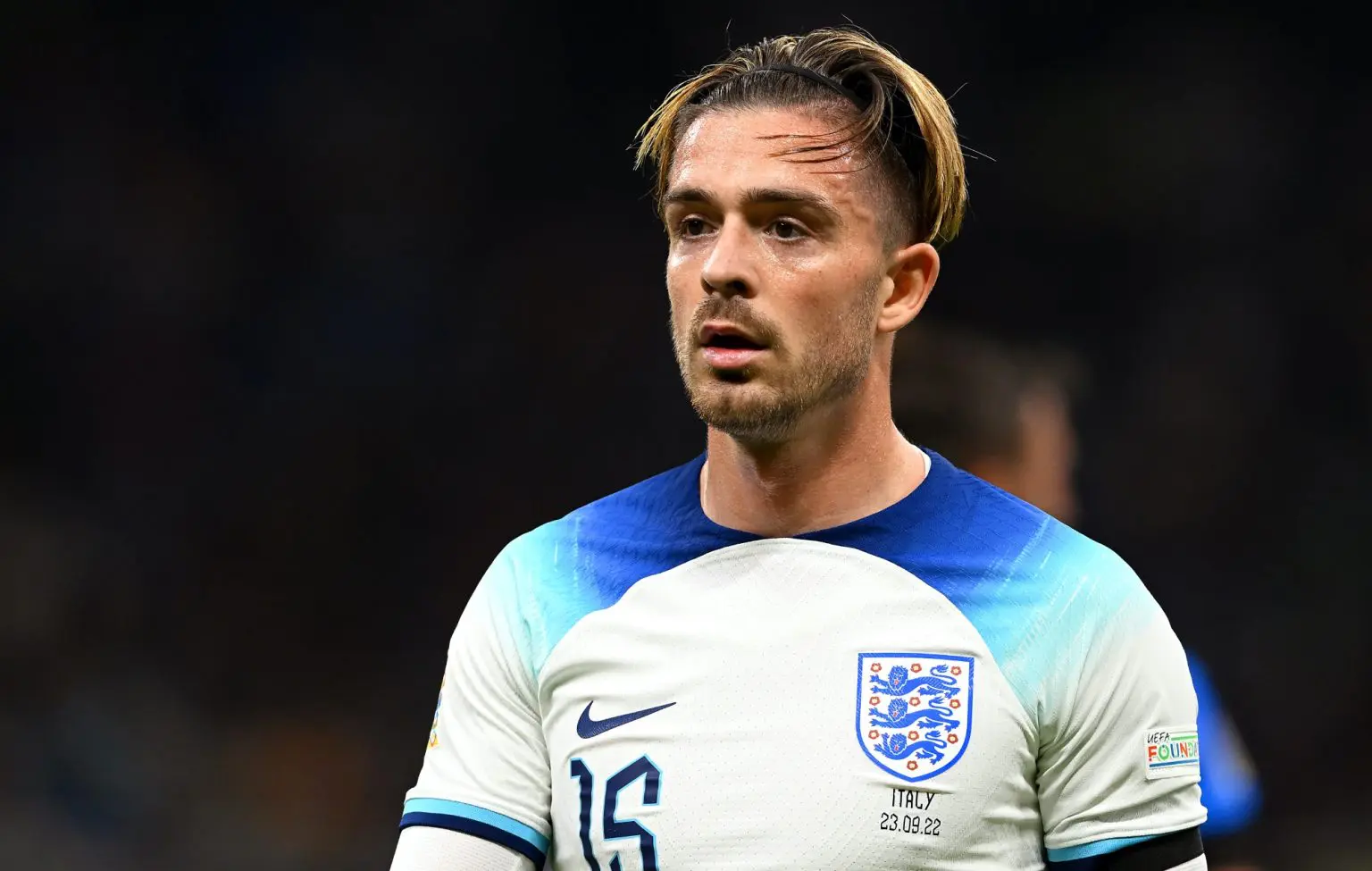
England boss Lee Carsley has addressed recent remarks from Manchester City manager Pep Guardiola regarding Jack Grealish’s inclusion in the national team, sparking a dialogue on the player’s usage and the delicate balance between club and international commitments. The comments, which stem from Guardiola’s concern over the intensity of Grealish’s schedule, have led to a public exchange of views between the two football figures.
Jack Grealish, a key player for both Manchester City and England, has faced criticism and scrutiny over his form and fitness this season. As a highly versatile midfielder and forward, Grealish is often pivotal in Manchester City’s attacking strategies under Guardiola. However, his contributions for England have sometimes been a topic of debate among fans and pundits. The latest chapter in this ongoing discussion centers around Guardiola’s suggestion that Grealish, along with several of City’s stars, should be afforded more rest to maintain peak performance throughout a grueling season.
Lee Carsley, who currently leads England’s U21 side but has a voice in broader discussions about player management across the senior national setup, was quick to respond. In a measured yet firm rebuttal, Carsley acknowledged Guardiola’s concerns but defended England’s handling of players like Grealish. “We take player welfare very seriously,” Carsley stated. “It’s never a decision we take lightly when calling up players for international duty. Jack is an exceptional talent, and his contributions to the England team are invaluable. We ensure that the training load and match involvement are carefully managed to align with their club commitments.”
The issue at the heart of the debate is not uncommon in modern football. With the sport’s relentless calendar, elite players are often caught between the demands of their clubs, which compete in domestic leagues, European tournaments, and cup competitions, and their national teams, which participate in qualifiers, friendlies, and major international tournaments. The physical and mental toll on players has led to heightened discussions about scheduling, rest periods, and the long-term implications for athlete health.
Carsley emphasized the collaborative relationship between England’s coaching staff and the Premier League clubs, noting that open communication is a cornerstone of ensuring player well-being. “We maintain constant dialogue with club managers, medical teams, and the players themselves,” he said. “Jack’s workload is monitored, and we always aim to strike a balance that benefits everyone involved.”
Despite Carsley’s assurances, Guardiola’s remarks reflect a broader frustration shared by many top-flight managers. With Manchester City competing on multiple fronts, including the Premier League, UEFA Champions League, and domestic cup competitions, Guardiola has frequently highlighted the strain on his squad. Grealish, as a high-profile signing and a key figure in City’s success, is naturally under significant pressure to perform consistently.
The situation has sparked mixed reactions among fans and analysts. Some argue that international football remains an essential part of a player’s career, offering unique experiences and opportunities to represent their country on the global stage. Others believe that club commitments, particularly for players in top European teams, should take precedence due to the financial investments and the intense competition at the domestic level.
Grealish’s performances for England have been a subject of scrutiny, with some questioning whether he consistently replicates his club form on the international stage. However, Carsley defended the 28-year-old, citing his ability to influence games and bring creativity to the team. “Jack is a player who can change the course of a match with a moment of brilliance,” Carsley remarked. “His ability to draw defenders, create space, and deliver key passes is something we value greatly.”
This debate also underscores the broader challenges of modern football, where the calendar has become increasingly congested. The introduction of new competitions and expanded formats, such as the UEFA Nations League and an expanded FIFA World Cup, has added to the already packed schedules of top players. Critics argue that these changes, while potentially lucrative for organizers and broadcasters, often come at the expense of player welfare.
For Grealish, the conversation around his role and workload is likely to continue. As a player who thrives on confidence and rhythm, maintaining a balance between adequate rest and consistent game time is crucial. Guardiola’s concerns and Carsley’s response highlight the complexities of managing top talents in an era where every game carries high stakes.
In the broader context, this situation may reignite calls for reforms in football scheduling and player management. Proposals such as mandatory rest periods, squad rotation policies, and even changes to international windows have been floated in the past but have yet to gain significant traction. The ongoing discourse between club and country representatives serves as a reminder of the need for a more holistic approach to player welfare.
As the footballing world watches how this dialogue evolves, one thing is certain: the spotlight on Jack Grealish’s role for both Manchester City and England is unlikely to dim anytime soon. For fans, the hope is that Grealish can continue to deliver the flair and excitement that have made him a household name, while also managing the demands of a sport that shows no signs of slowing down.
Leave a Reply